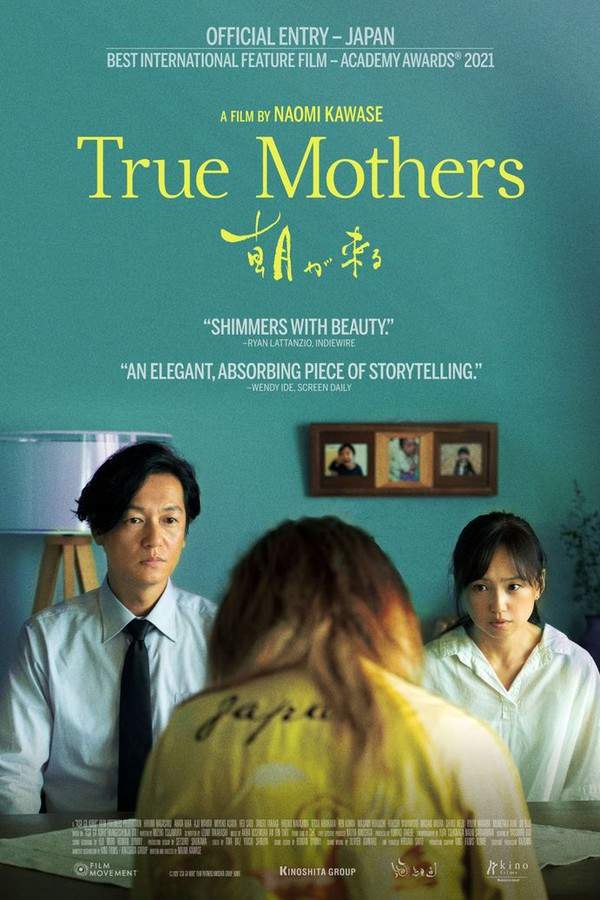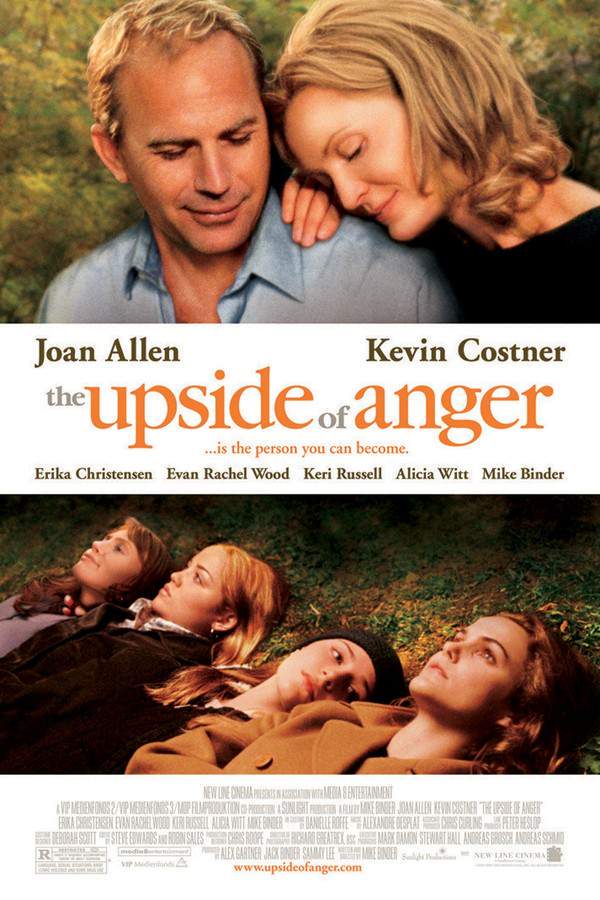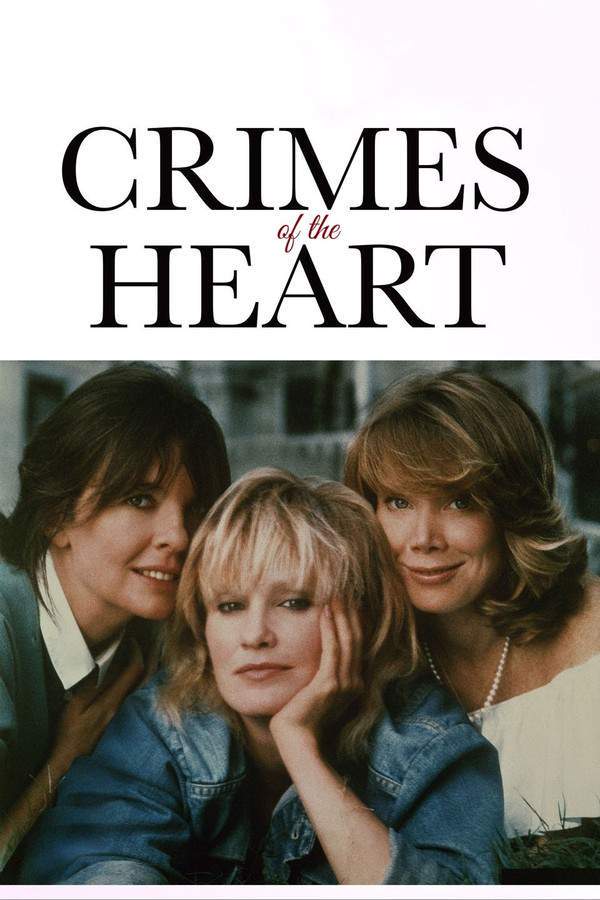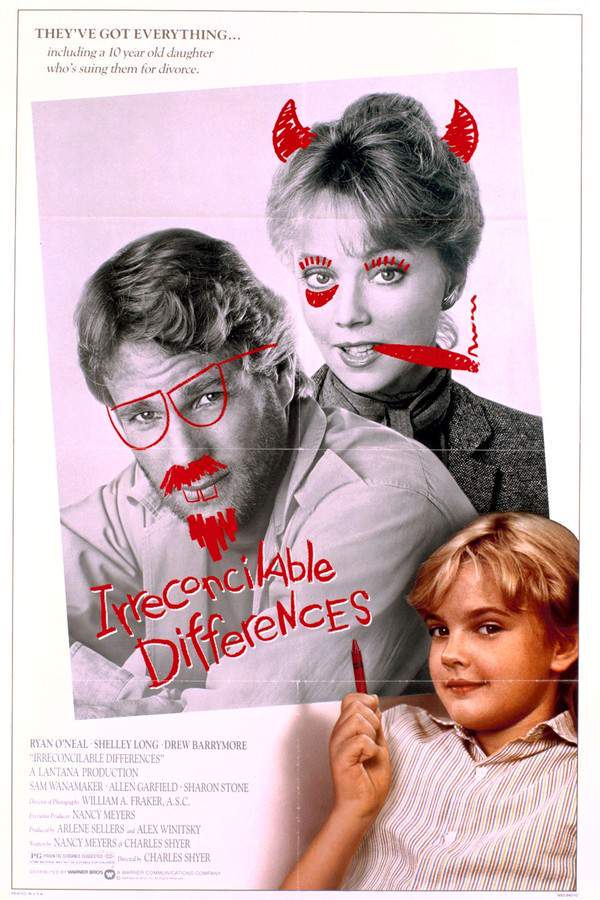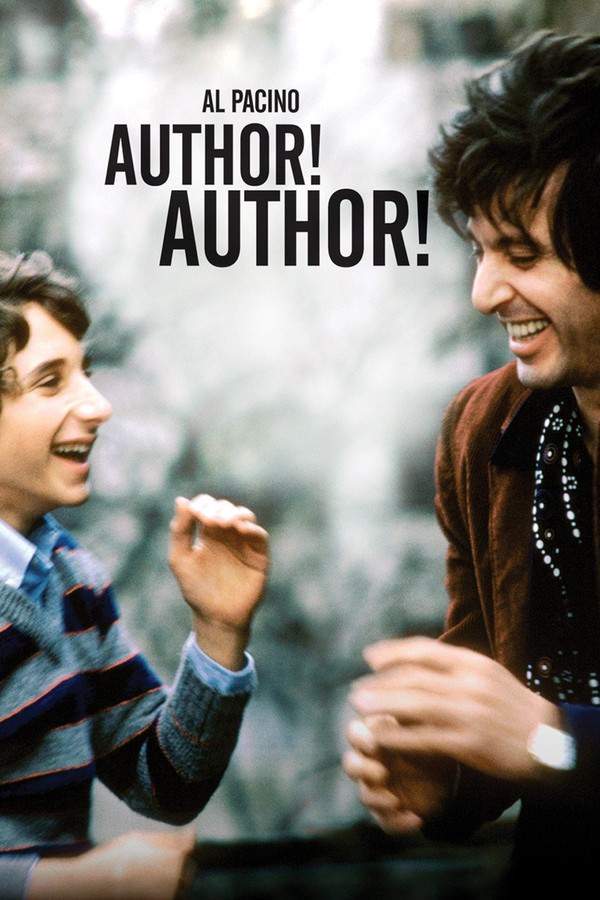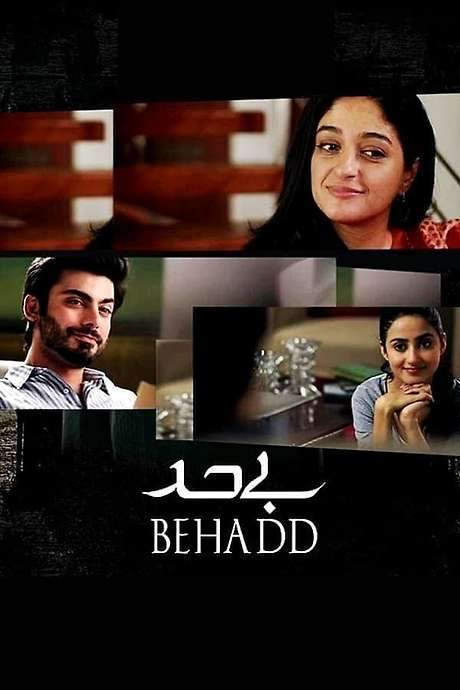
Behadd
Year: 2013
Runtime: 128 mins
Language: Urdu
Director: Asim Raza
The film explores the complex relationship between a parent and child, highlighting how their love can lead to heartbreak. It examines the contrasting forces of selflessness and selfishness within their bond, revealing the challenges and sacrifices inherent in familial love and the impact of these dynamics on their lives.
Warning: spoilers below!
Haven’t seen Behadd yet? This summary contains major spoilers. Bookmark the page, watch the movie, and come back for the full breakdown. If you're ready, scroll on and relive the story!
Behadd (2013) – Full Plot Summary & Ending Explained
Read the complete plot breakdown of Behadd (2013), including all key story events, major twists, and the ending explained in detail. Discover what really happened—and what it all means.
Masooma, a.k.a. Mo, Nadia Jamil, is a hardworking single mother who lives with her fifteen-year-old daughter Maha Sajal Ali. After the road accident that takes her husband, Masooma’s life centers on Maha, who grows into an introvert and becomes fiercely attached to her mother. The film traces how this bond shapes every choice Masooma makes, and how Maha’s guarded heart colors the world they navigate together.
One day, Masooma reconnects with Jamal Ahmad, also known as Jo Fawad Khan, her childhood friend and a divorcee. Jo visits Masooma’s home for dinner and quickly forms a rapport with Maha, drawing the girl out in a way Masooma hasn’t seen before. Jo’s presence injects a new rhythm into their small household, and Masooma finds herself reexamining old feelings she thought she had laid to rest.
Jo’s sister, Poppy Nausheen Masood, pushes the idea that Jo should remarry, believing he is still young enough to start anew. Masooma is surprised by the suggestion but begins to imagine a life where Jo could be more than a friend and confidant. To help the match along, Masooma introduces Shaista Hira Tareen to Jo at lunch, though Jo’s attention wavers, and he doesn’t show clear interest in the proposed union.
As time passes, Jo spends more moments with Masooma and Maha, and Maha warms to him even more. Jo realizes he loves Masooma and waits for the right moment to propose, hoping to become a steady partner and perhaps a father figure for Maha. Masooma, meanwhile, wrestles with doubts about blending a new relationship with the life she has built as a single mother, fearing how Maha might respond to a different man in her home.
Shafaq Nadia Afgan, a close friend, helps Masooma see Jo in a new light. She urges Masooma to consider the possibility of happiness with Jo and reminds her that a supportive partner could also be a positive influence on Maha. With Shafaq’s counsel, Masooma weighs the emotional risk against the potential for a more complete family life, and she begins to entertain the idea of embracing Jo more fully.
A few days later, Masooma asks Jo to pick Maha up from school because she’s tied up with work. When she returns, she is shaken to hear Maha’s frantic account—she claims Jamal harassed her. Guilt and fear overwhelm Masooma, and she breaks up with Jo, unsure of what to believe and worried about Maha’s safety and peace. Six months pass, and Maha refuses to relocate to London for higher studies, clinging to the life she shares with Masooma and the fragile bond with Jo that she fears losing.
Maha confides in Shafaq that she framed Jamal because she felt her mother was growing closer to him, and she couldn’t bear the idea of losing Masooma to someone else. Shafaq reminds Maha of the importance of truth and the consequences of her actions, urging her to confront what happened and how it affected Jo. Jamal later reveals that Masooma discovered CCTV footage from the day of the incident, and that it showed he was innocent all along.
In a quiet moment of reckoning, Masooma privately watches Maha apologize to Jo for the accusation. The moment is deeply emotional, revealing the depth of their bonds and the tenderness that survives even a painful rift. As mother and daughter hold each other, the film emphasizes forgiveness, understanding, and the slow, fragile process of rebuilding trust. The story closes on a note of renewed connection, with Masooma and Maha learning to navigate love, protection, and the complexities of choosing a life that can include both independence and a capable partner who truly cares.
Last Updated: October 03, 2025 at 06:48
Explore Movie Threads
Discover curated groups of movies connected by mood, themes, and story style. Browse collections built around emotion, atmosphere, and narrative focus to easily find films that match what you feel like watching right now.
Movies about family healing like Behadd
Intimate stories where family wounds are slowly healed, leaving tender scars.Discover movies like Behadd that explore the bittersweet journey of forgiveness within families. If you were moved by the mother-daughter dynamics and the path to reconciliation in Behadd, these similar dramas focus on emotional healing after betrayal and the sacrifices made for love.
Narrative Summary
Stories in this thread typically begin with a stable or loving family dynamic that is fractured by a significant betrayal or moral failure. The narrative then follows a steady, character-driven pace as the individuals grapple with pain and jealousy, culminating in a difficult but necessary journey toward understanding and a bittersweet reconciliation that acknowledges the lasting impact of the conflict.
Why These Movies?
These films are grouped together because they share an intimate, reflective mood and a focus on the emotional weight of family secrets and forgiveness. They balance tender moments with anxious tension, resulting in a similarly bittersweet tone and medium emotional intensity that resonates with viewers seeking deeply personal stories.
Character-driven moral dramas similar to Behadd
Stories where personal happiness clashes with familial duty in a quiet, resonant way.Find films similar to Behadd that center on a character's difficult moral choice. If you appreciated the nuanced exploration of a mother's dilemma between her own happiness and her daughter's well-being in Behadd, these movies feature intimate stories with steady pacing and significant emotional stakes.
Narrative Summary
The narrative pattern revolves around a relatable protagonist forced to make a decision that will deeply impact their loved ones. The story builds steadily to this pivotal choice, exploring the motivations and anxieties from all sides. The aftermath is dealt with thoughtfully, focusing on the lasting repercussions and the complex path toward redemption or acceptance, rather than providing a simple, happy resolution.
Why These Movies?
Movies in this thread share a specific focus on a character's internal moral conflict, a medium level of complexity, and a steady pacing that lets the dilemma unfold naturally. They create a similar viewing experience of reflective anxiety and emotional resonance, avoiding extreme violence or darkness in favor of relatable human drama.
Unlock the Full Story of Behadd
Don't stop at just watching — explore Behadd in full detail. From the complete plot summary and scene-by-scene timeline to character breakdowns, thematic analysis, and a deep dive into the ending — every page helps you truly understand what Behadd is all about. Plus, discover what's next after the movie.
Behadd Timeline
Track the full timeline of Behadd with every major event arranged chronologically. Perfect for decoding non-linear storytelling, flashbacks, or parallel narratives with a clear scene-by-scene breakdown.

Characters, Settings & Themes in Behadd
Discover the characters, locations, and core themes that shape Behadd. Get insights into symbolic elements, setting significance, and deeper narrative meaning — ideal for thematic analysis and movie breakdowns.

Behadd Spoiler-Free Summary
Get a quick, spoiler-free overview of Behadd that covers the main plot points and key details without revealing any major twists or spoilers. Perfect for those who want to know what to expect before diving in.

More About Behadd
Visit What's After the Movie to explore more about Behadd: box office results, cast and crew info, production details, post-credit scenes, and external links — all in one place for movie fans and researchers.



